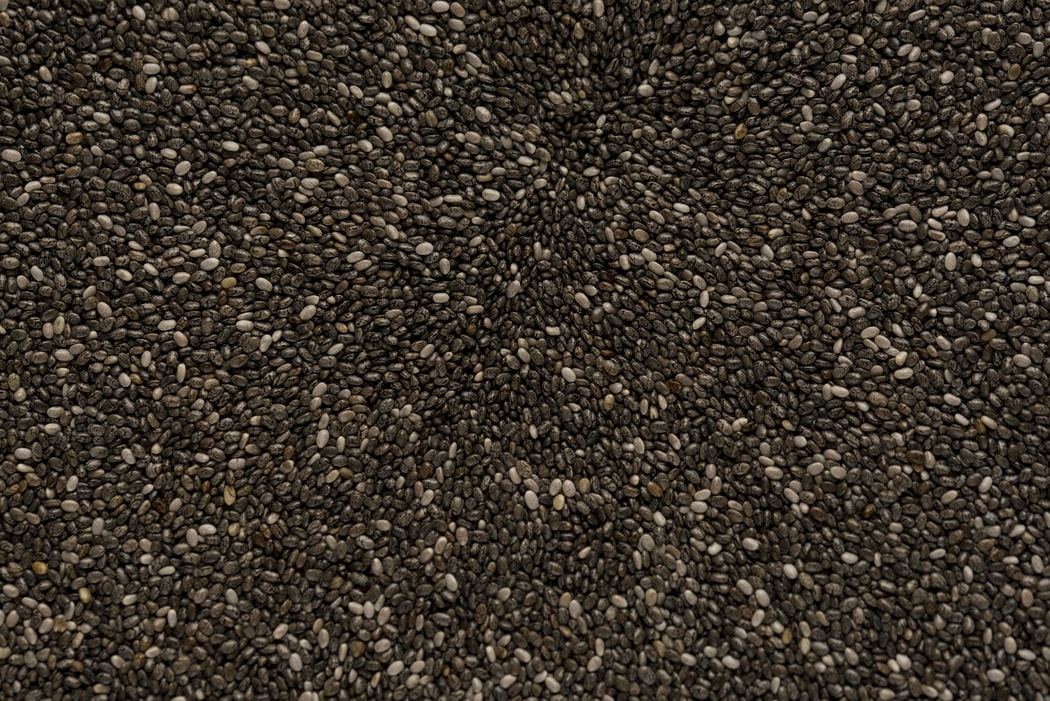
According to the results of a meta-analysis, the use of febuxostat does not appear to come with an increased hazard of mortality or adverse cardiovascular (CV) outcomes, for the treatment of patients with gout and hyperuricemia.
Data from 15 randomized controlled trials were collected by researchers and contributed to a total of 16,070 participants. The proportion of patients with hypertension varied between 27.7 percent and 100.0 percent, while those with diabetes ranged from 6.9 percent to 100.0 percent.
A median follow-up of 6.4 months were used across the trials, and the use of febuxostat vs control (allopurinol or placebo) did not result in a significant increase in the risk of CV mortality and all-cause mortality.
The same was true for adverse CV outcomes, as follows: major adverse CV events (risk difference [RD] 1.40 percent), myocardial infarction (RD, -0.06 percent), stroke (RD, 0.10 percent), or new-onset hypertension (RD, 1.58 percent).
Among patients with existing CV disease, the findings were consistent and the test (Egger’s regression test) did not detect significant publication bias.
The evidence were limited by the presence of low to moderate certainty, the researchers said. Recommendations of evaluating CV events and mortality as an outcome were stated by the researchers, as well as defining major adverse CV events, and comparing the outcomes among different doses of febuxostat over a longer follow-up duration in future trials.
Share the post!





